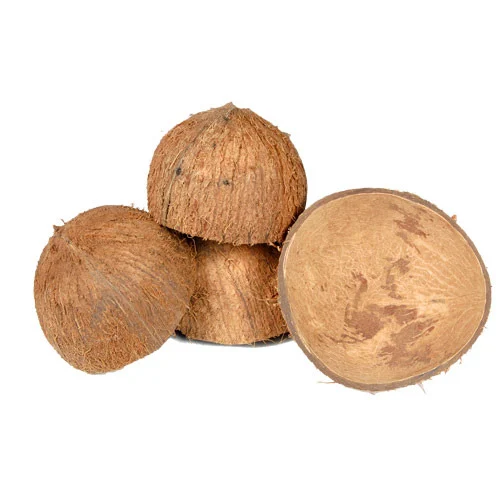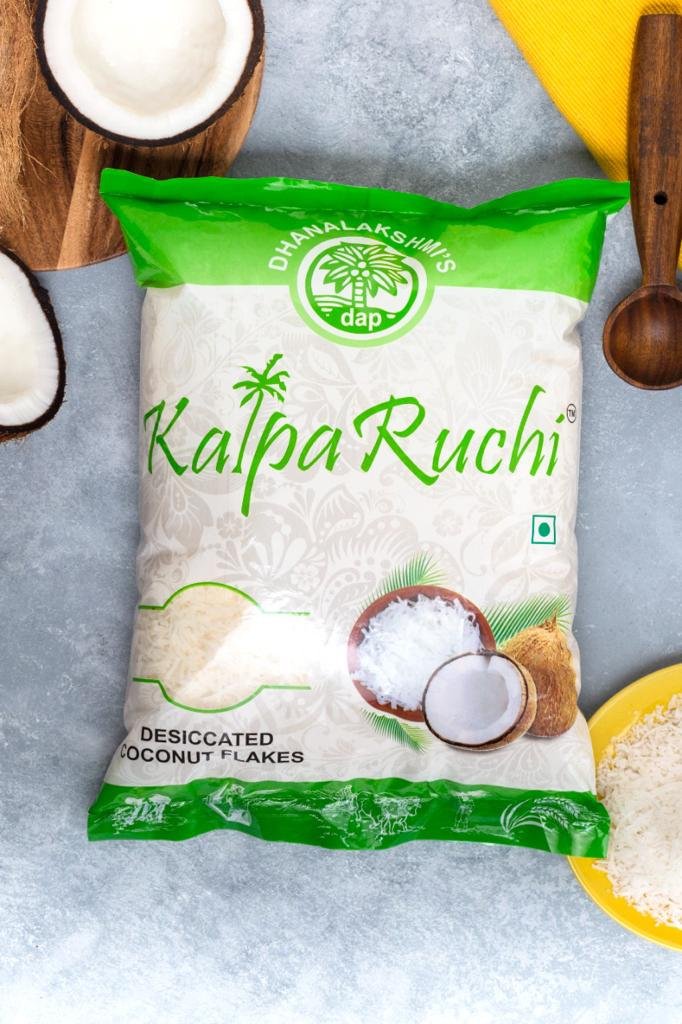COCONUT SHELL
Coconut shell is an agricultural waste and is available in plentiful quantities throughout tropical countries worldwide. In many countries, coconut shell is subjected to open burning which contributes significantly to CO2 and methane emissions. Coconut shell is widely used for making charcoal. The traditional pit method of production has a charcoal yield of 25–30% of the dry weight of shells used. The charcoal produced by this method is of variable quality, and often contaminated with extraneous matter and soil. The smoke evolved from pit method is not only a nuisance but also a health hazard. The coconut shell has a high calorific value of 20.8MJ/kg and can be used to produce steam, energy-rich gases, bio-oil, biochar etc. It is to be noted that coconut shell and coconut husk are solid fuels and have the peculiarities and problems inherent in this kind of fuel.

WAHT IS COCONUT SHELL?
A coconut shell is the hard outer covering or husk of a coconut fruit. It is the part that surrounds and protects the inner flesh and the liquid known as coconut water. The shell is typically brown in color and has a rough, fibrous texture. Coconut shells are quite durable and are composed of three distinct layers. The outermost layer, called the exocarp, is the thickest and provides the primary protection. Beneath the exocarp is the mesocarp, a fibrous layer that adds strength and structure. The innermost layer, known as the endocarp, is the hardest and is responsible for safeguarding the coconut seed.
Uses
Coconut Shell is a versatile ingredient that can be used in a variety of ways in cooking,crafts,and charcoal. Here are some common uses of Coconut Shell:
- Crafts and Decor: The shells are commonly carved or shaped into decorative items such as bowls, cups, buttons, jewelry, and musical instruments.
- Activated Carbon Production: The shell's high carbon content makes it suitable for producing activated carbon, which is used in water and air purification systems, as well as in industrial applications like gold extraction and gas masks.
- Horticulture and Gardening: Crushed coconut shells, also known as coconut coir, are used as a growing medium in gardening and horticulture. They are lightweight, absorbent, and provide good drainage.
- Fuel and Charcoal: Coconut shells can be converted into charcoal and used as fuel for cooking and heating. The shell's high carbon content makes it an efficient source of energy.
- Animal Bedding: The fibrous nature of coconut shells makes them suitable as bedding material for animals, such as reptiles and small pets.
